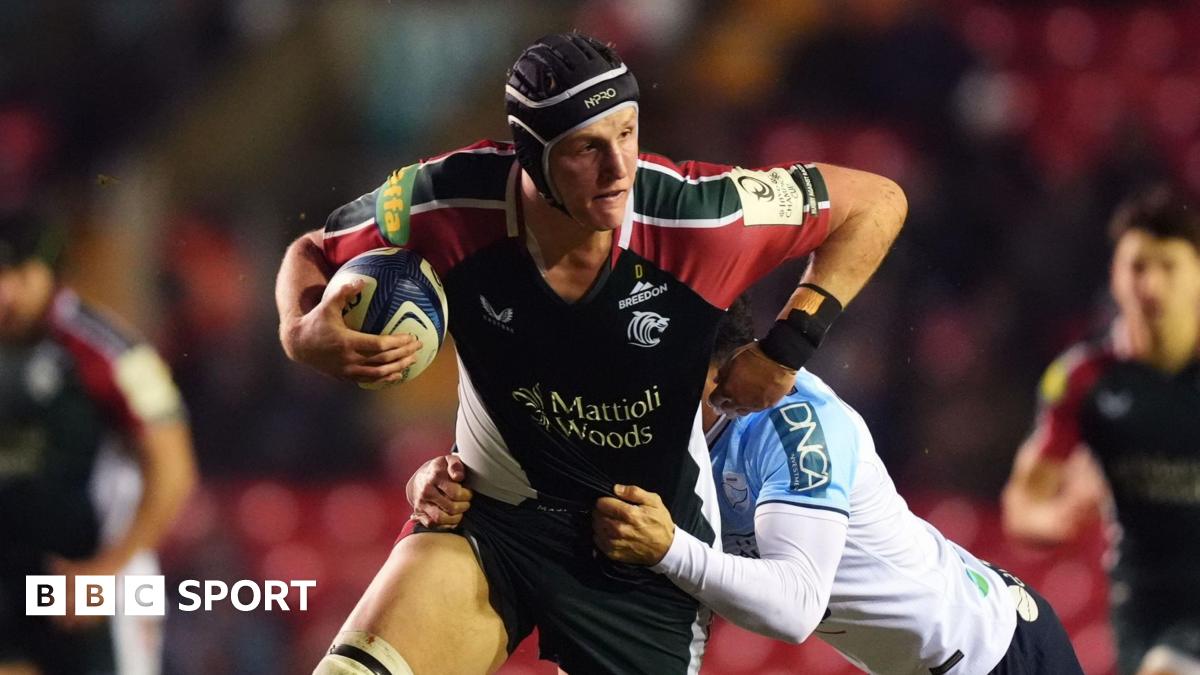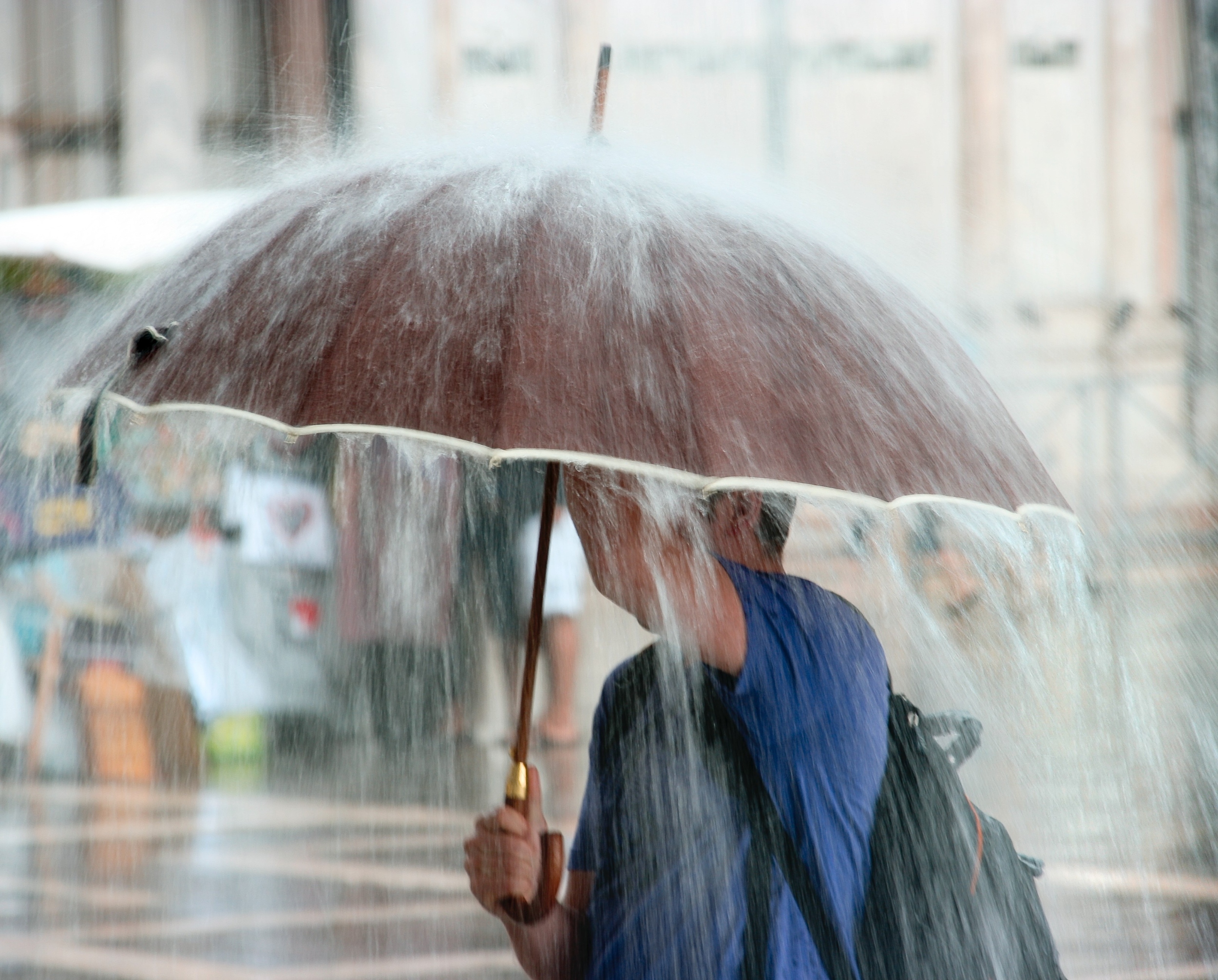The US and its partner forces fired more than 90 precision munitions at more than 35 targets in an operation that involved more than 20 aircraft, an official told CBS News, the BBC’s US partner.
The official added that aircraft including F-15Es,…

The US and its partner forces fired more than 90 precision munitions at more than 35 targets in an operation that involved more than 20 aircraft, an official told CBS News, the BBC’s US partner.
The official added that aircraft including F-15Es,…

Warnings for snow, ice, rain and wind are in place across parts of the UK for the remainder of the weekend following Storm Goretti.
The Met Office warnings for Northern Ireland, Scotland, the north and Midlands of England come as forecasters say…

Storm Goretti brought heavy snow, ice and strong winds to most parts of the UK this past week.
On Thursday, the day the storm arrived, the Met Office issued a rare red warning for wind in Cornwall and the Isles of Scilly.
Wind speeds of up to 99mph…

Think regular exercise, a balanced diet and sufficient sleep. Yet, despite all the hacks, trackers and motivational quotes, many of us still struggle to stick with our health goals.
Meanwhile, people worldwide are experiencing more…

Fraser Watson
BBC Sport Wales reporter
After half an hour, I was set to suggest that Dwayne Peel may be facing fresh questions over his future by the morning. I think I’ll hold off…

Looking into Earth’s deep past helps scientists understand what may happen as the planet warms today. One time period stands out in this search: the Paleogene Period, which began about 66 million years ago.
During this era, Earth held much more…
This content was paid for by an advertiser. The Emory Wheel newsroom was not involved in creating this content.
The digital world never stops moving. New tools emerge, algorithms shift,…